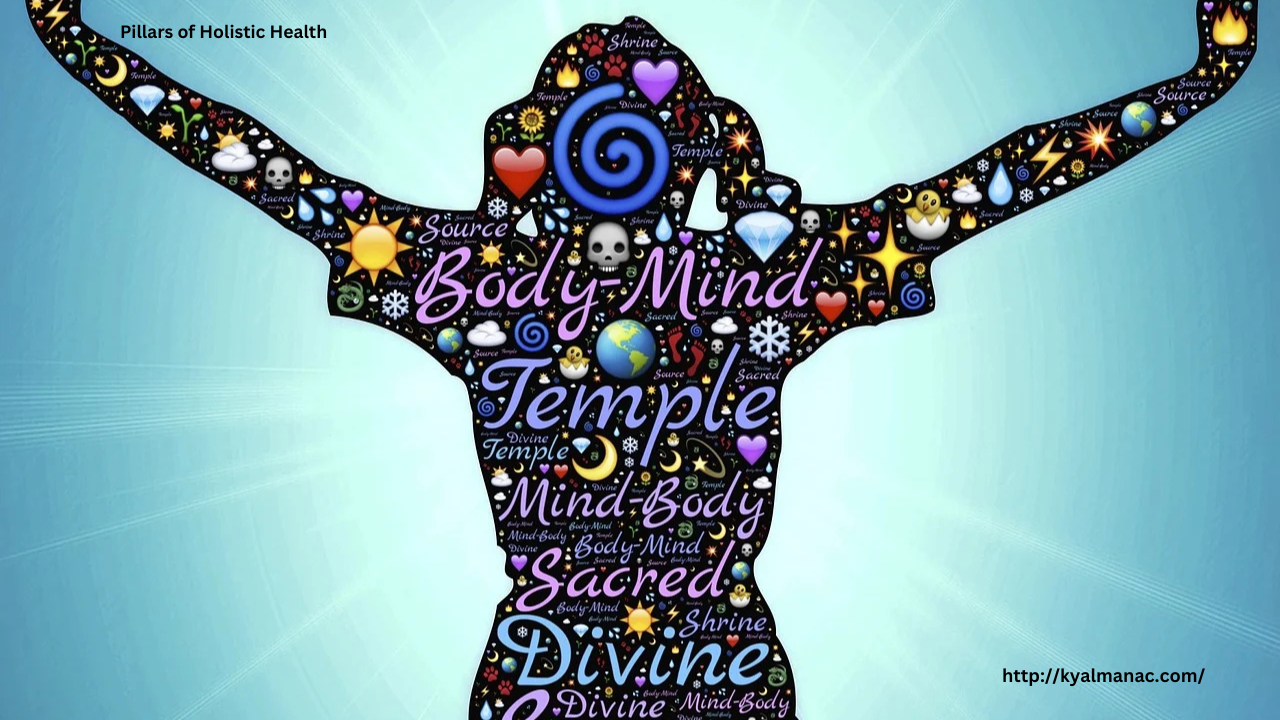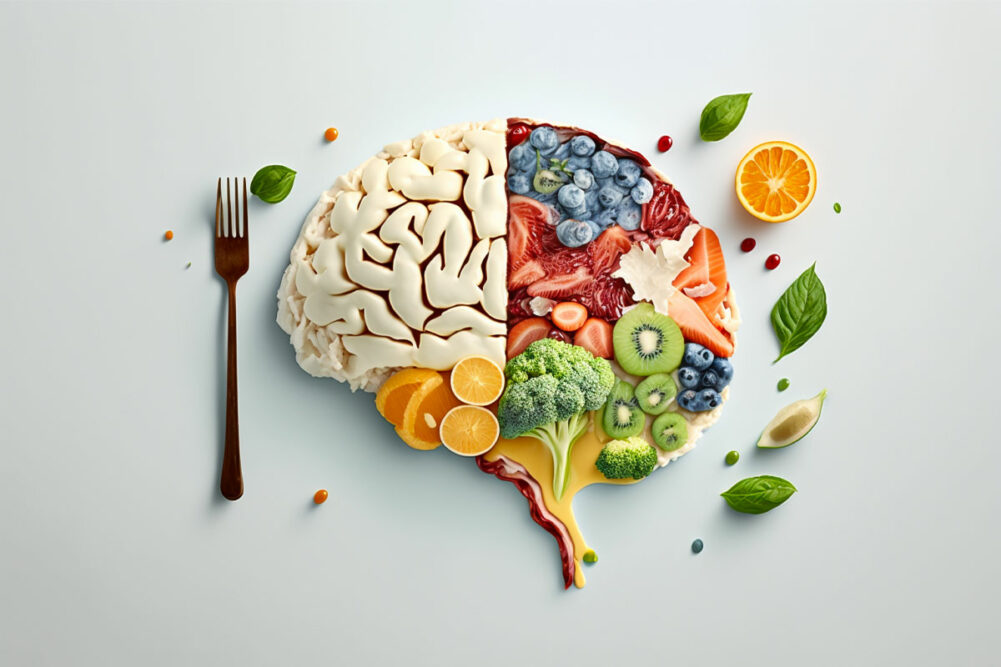We all have habits—some good, some bad. While positive habits help us grow and thrive, bad habits can hinder our well-being, productivity, and overall quality of life. Whether it’s overeating, smoking, excessive screen time, or procrastination, breaking bad habits is essential for achieving long-term wellness. Fortunately, a health-conscious approach, backed by science and mindfulness, can help us replace destructive behaviors with healthier choices.
Understanding the Science of Habits
Habits are deeply ingrained patterns of behavior that form through repetition. Neuroscientists have found that habits are controlled by the basal ganglia, a part of the brain responsible for automatic actions. When a behavior is repeated frequently, neural pathways strengthen, making the action feel automatic. This is why breaking bad habits can be challenging—it requires rewiring the brain.
The Habit Loop
According to Charles Duhigg, author of The Power of Habit, habits follow a three-step loop:
-
Cue (Trigger) – A situation, emotion, or environmental factor that triggers the habit.
-
Routine (Behavior) – The actual habit, whether good or bad.
-
Reward – The satisfaction or relief received from the behavior, reinforcing the habit.
To break a bad habit, we must first identify the cue and the reward, then replace the routine with a healthier alternative.
A Health-Conscious Approach to Breaking Bad Habits
1. Cultivate Self-Awareness
The first step in changing any habit is self-awareness. Pay attention to what triggers your habit—stress, boredom, fatigue, or social situations. Keeping a journal or tracking your habits can help uncover patterns and triggers.
2. Replace, Don’t Eliminate
Completely cutting out a habit without a replacement often leads to relapse. Instead, swap a bad habit for a healthier one that offers a similar reward. For example:
-
Replace junk food with healthier snacks like fruits or nuts.
-
Swap social media scrolling with reading or journaling.
-
Replace smoking with deep breathing exercises or chewing gum.
3. Use the 21/90 Rule
Research suggests it takes about 21 days to break a habit and 90 days to make it a permanent lifestyle change. Consistency is key. Start with small, achievable goals and build from there.
4. Leverage Mindfulness and Meditation
Mindfulness helps you become more aware of your actions and impulses, making it easier to resist bad habits. Meditation can reduce stress and increase self-control, preventing mindless behavior patterns.
5. Surround Yourself with Support
Social influences shape our habits. Spend time with people who encourage positive behaviors. Joining support groups, accountability partners, or online communities can keep you motivated.
6. Reward Progress, Not Perfection
Change doesn’t happen overnight. Celebrate small victories, whether it’s going a week without a certain habit or choosing a healthier alternative. Positive reinforcement strengthens new habits.
Conclusion
Breaking bad habits is not about willpower alone—it’s about understanding how habits work and consciously replacing them with healthier choices. A health-conscious approach involves self-awareness, mindfulness, gradual change, and a supportive environment. By implementing these strategies, you can break free from harmful patterns and build a foundation for long-term wellness.









